1. Backyard Chickens
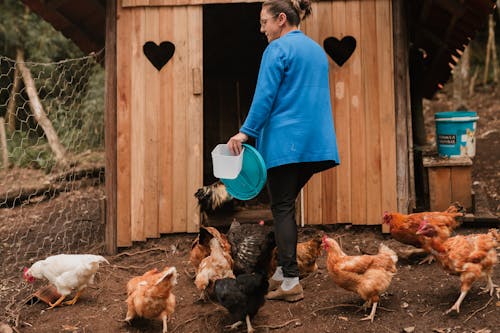
Many neighborhoods have embraced backyard chickens as a fun, eco-friendly way to get fresh eggs. But homeowners associations (HOAs) and city councils often tighten restrictions once noise and odor complaints pile up. What starts as a trendy community perk can easily shift into a nuisance in the eyes of neighbors. In fact, some municipalities have reversed policies within just a few years of legalizing chickens.
The problem usually isn’t the birds themselves, but the upkeep. Chickens attract pests like raccoons and rodents, and the early morning crowing of roosters can disrupt peace. Add in the possibility of salmonella, and suddenly that farm-to-table dream feels more like a liability. For many homeowners, what once boosted property charm now risks fines and removal.
2. Short-Term Rentals
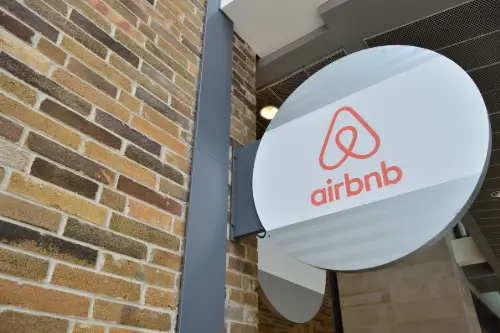
Airbnb and VRBO rentals have exploded in suburban neighborhoods, bringing in extra income for homeowners. At first, it feels like a harmless perk—who wouldn’t want to cash in on an extra room or guesthouse? But within a few years, local governments often step in with new licensing rules, taxes, or outright bans. Complaints about parties, parking, and noise fuel these crackdowns.
Even when laws don’t outright ban short-term rentals, they may severely restrict them. Zoning boards frequently argue that they disrupt residential character and reduce long-term housing availability. HOAs have also sued residents over unauthorized rentals, creating costly legal battles. What started as “easy money” can quickly spiral into a legal headache.
3. Home-Based Businesses

The rise of remote work has made home-based businesses more common than ever. At first, neighbors might celebrate the entrepreneurial spirit, whether it’s a daycare, bakery, or hair salon in someone’s garage. But once traffic, signage, or deliveries ramp up, zoning boards and HOAs step in. Suddenly, what seemed like a cozy neighborhood perk is a code violation waiting to happen.
Rules vary wildly, and some towns only allow low-traffic businesses without signage. Others require expensive permits or prohibit certain industries altogether. Even activities that feel harmless—like tutoring kids in a basement—can fall under scrutiny. Without careful compliance, your home office might put you in a courtroom.
4. Community Fireworks
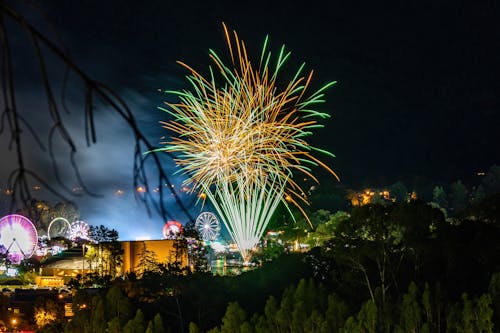
Neighborhood fireworks displays feel charming, especially around the Fourth of July. At first, towns may turn a blind eye to small-scale celebrations, creating a festive sense of community. But within a few years, complaints about injuries, property damage, or pets panicking often trigger bans. Local ordinances tend to get stricter when insurance companies and fire departments weigh in.
The legal issues come down to both safety and liability. One stray spark can lead to lawsuits if it damages a neighbor’s home. Even if fireworks are technically legal in a state, local ordinances may prohibit them within city limits. What once felt like harmless fun can quickly turn into a fine-heavy headache.
5. Golf Cart Communities
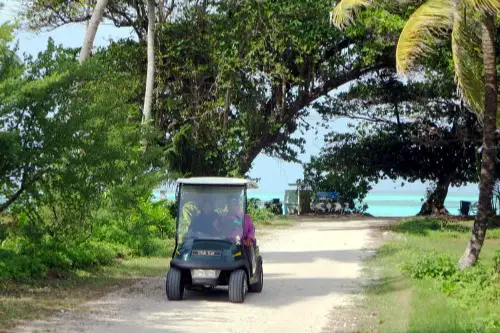
Some neighborhoods promote golf carts as a fun, eco-friendly alternative to cars. At first, residents love the convenience of buzzing around to the pool or local shops. But after a few years, issues with road safety and underage drivers often push towns to regulate them. Accidents, injuries, and insurance disputes tend to follow.
The tricky part is that golf carts aren’t designed for road travel, yet people often use them that way. Some states require registration, while others classify them as off-road vehicles. If kids start driving them unsupervised, liability skyrockets. A neighborhood perk can quickly feel like a lawsuit waiting to happen.
6. Community Gardens
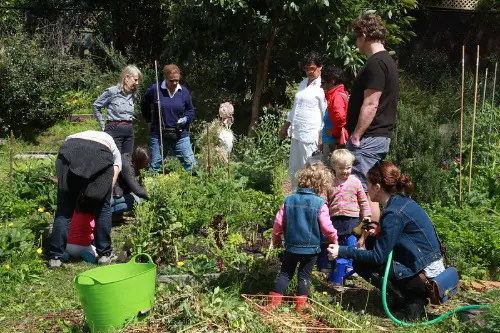
Shared gardens start as a wholesome neighborhood initiative, bringing people together to grow fresh produce. But within a few seasons, disputes over land ownership, pesticide use, and maintenance pop up. Cities often crack down when zoning laws don’t technically allow agricultural use in residential areas. Add in disagreements over who gets what harvest, and the charm fades fast.
Water usage is another frequent flashpoint. A single community spigot can lead to skyrocketing utility bills, leaving residents to argue over who pays. Some HOAs have even sued homeowners for turning their yards into unofficial community gardens. What began as a green initiative can easily morph into a legal headache.
7. Neighborhood Pools

Community pools seem like the ultimate perk, offering a place for kids to play and adults to relax. But within a few years, maintenance costs, liability insurance, and accidents often bring legal headaches. Drownings or even minor injuries can open HOAs to lawsuits. States often mandate strict safety standards, from lifeguard staffing to fencing.
Residents can also clash over who pays for repairs and upkeep. Some neighbors resent annual fees for a pool they rarely use. Others push back when boards try to shut down or sell the facility. What started as a summer oasis can become a financial and legal burden.
8. Tree-Lined Streets
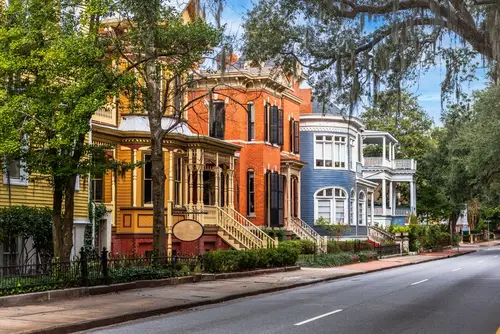
At first, mature trees boost property values and beautify neighborhoods. But within a few years, roots damage sidewalks, branches fall on homes, and storm cleanup becomes costly. Disputes over who owns and maintains the trees often spill into legal territory. Cities may even force homeowners to remove diseased or hazardous trees at their own expense.
Insurance companies sometimes refuse coverage for repeat tree-related claims. Neighbors also battle over falling leaves clogging gutters or branches hanging across property lines. What once symbolized natural charm can become a source of endless complaints and liability. Even “heritage trees” with protection ordinances can limit homeowners’ options.
9. Neighborhood Watch Groups
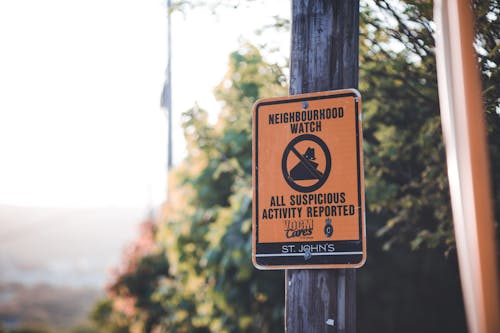
At first, neighborhood watch groups feel empowering, with residents looking out for one another. But without proper training, they can veer into harassment or profiling. Lawsuits often emerge when residents overstep and detain or confront people. What starts as a safety perk can end with civil rights complaints.
Cities frequently require registration and coordination with law enforcement to keep groups accountable. Even then, individual members may take actions that expose the entire neighborhood to legal risks. HOAs sometimes find themselves pulled into disputes over “sanctioned” watch groups. A sense of security can quickly flip into a lawsuit nightmare.
10. Playground Installations
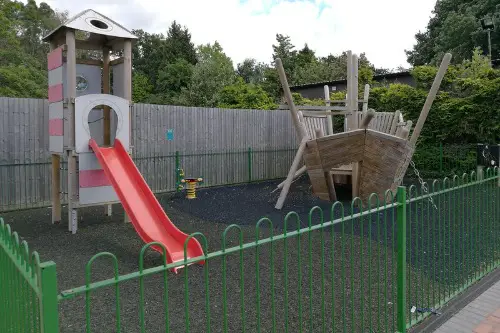
Community playgrounds bring families together and boost neighborhood appeal. But once the equipment ages, liability becomes a huge issue. Injuries from swings, slides, or climbing structures often lead to lawsuits. Safety codes evolve, and what was once compliant may now be outdated.
HOAs and municipalities must constantly budget for inspections and upgrades. When funds run short, they sometimes close playgrounds altogether rather than risk legal exposure. Residents who initially pushed for them may resent the mounting costs. A cheerful perk can become a financial and legal strain in just a few years.
11. Dog Parks
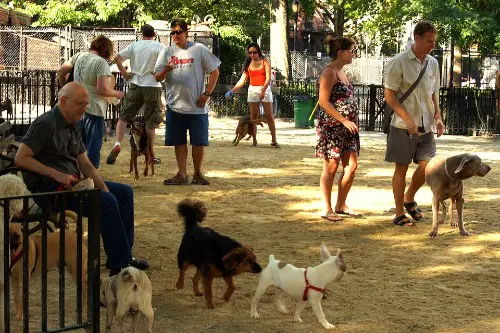
Neighborhood dog parks are celebrated for socializing both pets and people. But within a few years, issues like bites, noise complaints, and sanitation turn into legal headaches. Liability waivers don’t always protect HOAs or cities from lawsuits. Even disputes over aggressive dogs can land in court.
Zoning and insurance are major hurdles, too. Some insurers raise premiums dramatically for neighborhoods with dog parks. Residents also squabble over maintenance, especially if waste isn’t managed properly. A once-beloved perk can quickly sour into a contentious battleground.
12. Outdoor Music Nights
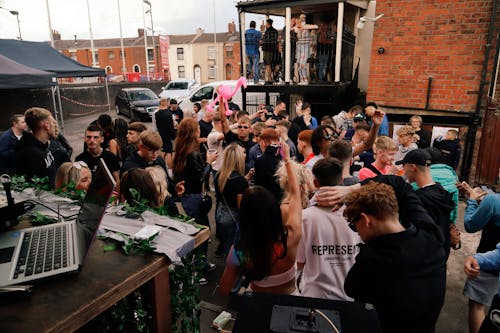
Many neighborhoods host outdoor music nights or concerts to build community spirit. At first, the vibe feels lively and inclusive. But within a few seasons, noise ordinances and permit disputes usually follow. Neighbors who work odd hours or dislike the music often push back hard.
Legal issues often revolve around licensing, since even small events may require music rights clearance. Cities may demand permits for amplified sound, alcohol sales, or street closures. Without proper planning, what feels like casual fun can expose organizers to fines and lawsuits. A beloved tradition can unravel surprisingly fast.
This post 12 Neighborhood Perks That Turn Into Legal Headaches Within 3 Years was first published on Greenhouse Black.
